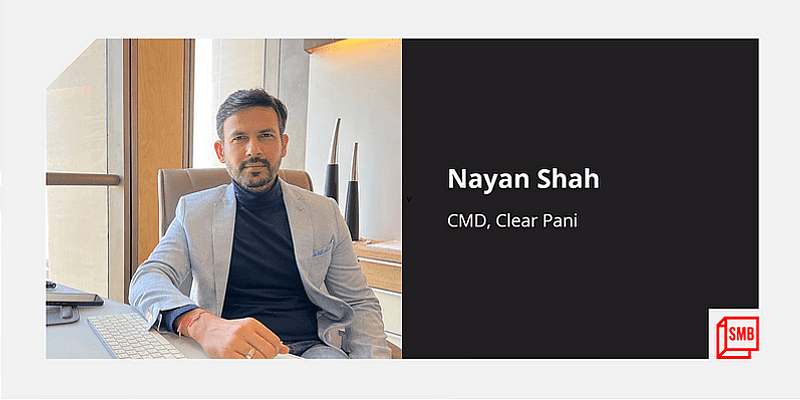The importance of cash-flow based financing and other top stories of the week
This week SMBStory shared an exclusive report on SMEs working capital issues along with other top stories.
Smooth flow of working capital is a pressing issue among the micro, small, and medium enterprises (MSMEs). India has approximately 64 Million MSMEs operating–a number much higher than its comparable economic counterparts–the USA and China. However, the adoption of contemporary credit facilities for these MSMEs lags behind.
, an MSME-focused fintech company, in its report titled Building Sustenance for SMEs: Navigating Working Capital highlights the issue and the need for cash-flow based financing. Here’s what it mentioned.
CredAble report
MSMEs usually face short-term challenges and require funds to address immediate needs for which long-term loans are not conducive. Nirav Choksi co-founder and CEO of CredAble emphasised the importance of cash-flow-based lending as a more suitable solution in such cases.
“While fundamentally, MSMEs have strong business, bankers don’t want to take a risk lending to them, and that’s where cash-flow based lending comes into the picture,” Choksi told SMBStory exclusively.
Cash flow-backed financing serves as a financial catalyst for MSMEs, substantially enhancing cash flow dynamics and addressing the credit gap.
Easy loans or debt traps: MSMEs’ complicated relationship with fintech startups
Other top picks of the week:
Indian brands check into luxury space
In 2023, the retail sales of luxury goods in India experienced a 3% increase in current value terms, reaching Rs 553.8 billion, as reported by Euromonitor International despite challenges like the war in Ukraine, supply-chain disruptions, and inflation.
The surge in the embrace of the premium market by numerous Indian brands can be attributed to the anticipation of a significant growth in the affluent class in the upcoming years. With the prospect of an expanding middle class and a rising population of aspirational youth, brands are eager to capture a substantial share of their spending capacity. Although international luxury brands have been present in the country, the current trend indicates a renewed interest and strategic positioning by Indian brands in the premium segment.
How can MSMEs keep up with the 45-day payment rule?
To support MSMEs, the government has introduced a rule stating that buyers must pay for goods from MSMEs within 45 days of delivery, and any pending payments should be settled by March 31, 2024. Failure to comply may result in outstanding payments being treated as taxable income. Despite the government's intention to protect MSMEs, this rule has caused concerns, leading to order cancellations.
To address these challenges, early payments or receivable-backed financing is recommended. This approach ensures timely payments to MSMEs without adding extra burden to buyers. Technological advancements in the working capital space offer various financing solutions to eliminate cash flow issues and maximise business potential, providing a way to navigate the uncertainties created by the new payment regulation.
Edited by Megha Reddy










